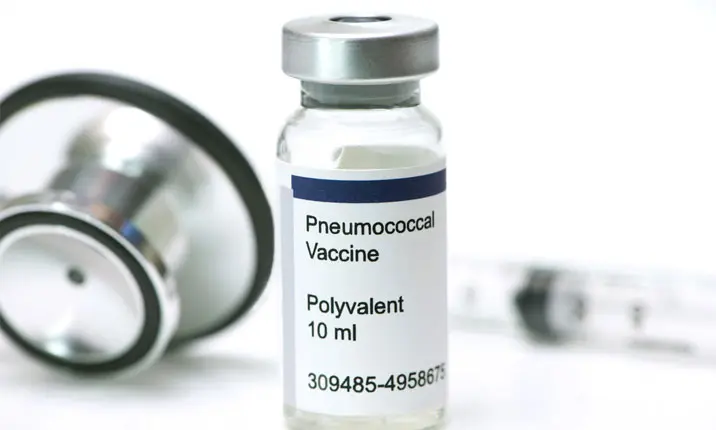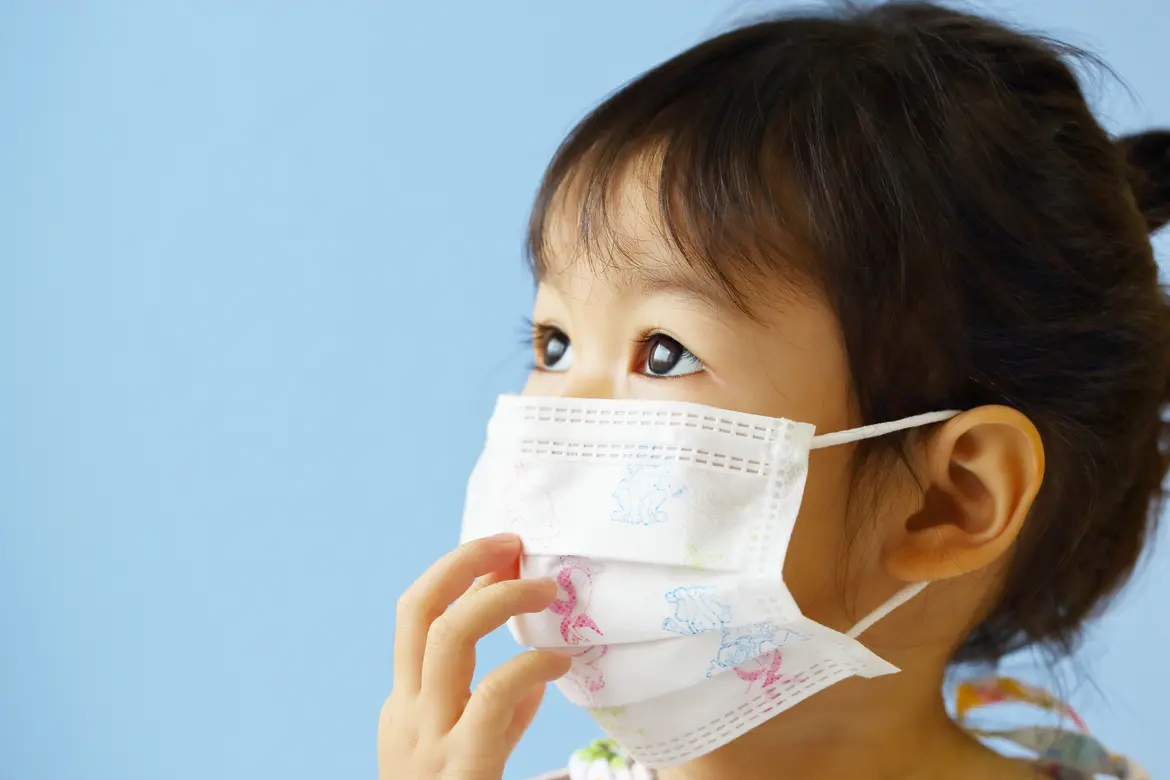Pneumonia occurs when germs in the air breach the upper airway defences and lodge in the lung, causing an infection. Its symptoms include fever, cough, sputum production, and less commonly breathlessness, coughing blood or chest pain.
Dr Philip Eng, a respiratory specialist at Mount Elizabeth Hospital, tells us 5 things you might not know about this condition.
1. Pneumonia can be deadly
Since 2012, pneumonia has been ranked the second most common cause of death in Singapore after cancer. Before 2012, it was the third most common cause of death, after cancer and heart attacks. There are a few possible reasons for this rise in ranking:
- The rapidly increasing elderly population could have resulted in an increase in the susceptible population or
- Patients with cancer or severe heart disease finally succumb to pneumonia as the final event.
The World Health Organisation (WHO) estimates that between 250,000 to 5,000,000 people die of pneumonia from influenza annually. Many such cases can be prevented with the seasonal influenza vaccine.
2. Many types of germs can cause pneumonia
Many types of germs can cause pneumonia including viruses (eg. SARS, influenza), bacteria (eg. pneumococcus, mycoplasma, tuberculosis) and fungus (eg. pneumocystis). To identify the specific germ, doctors usually need to conduct blood tests and test specimens obtained from the sputum (phlegm) or other fluid, obtained through a throat swab, a lung biopsy or a bronchoscopy.
It would seem obvious that it is important for the doctor to know which germ caused the patient's pneumonia so they can effectively manage the condition. Unfortunately, studies conducted in major hospitals have shown that in about 50% of inpatients with pneumonia, the specific germ cannot be determined with certainty.
This can be due to the following reasons:
- Patient has already been prescribed antibiotics (often by the primary care practitioner) before the blood or sputum test.
- Viruses causing pneumonia are notoriously difficult to identify without sophisticated techniques, which are not commonly available in many hospitals.
- Some viruses do not have specific treatment (eg. adenovirus, bocavirus), hence it may not be worth the effort to try to identify them.
- Some bacteria grow very slowly, and can take up to 2 months for the diagnosis to be made.
Interestingly, certain germs are almost never found in healthy individuals. One example is pneumocystis, which usually affects those who have underlying disease like AIDS or cancer patients on chemotherapy. Other types of bacteria (eg. melioidosis) are almost always found in Southeast Asia.
3. Mycoplasma pneumonia usually causes a mild illness
Mycoplasma pneumoniae is a bacterium that can cause pneumonia, and its symptoms are coughing and low grade fever. Most of such patients have mild conditions that rarely require hospitalisation. Actual prevalence is low (less than 10% amongst hospitalised patients) and death is rare (less than 1%).
4. Famous people who suffered pneumonia
- Boxing legend Muhammad Ali was hospitalised with pneumonia in 2014.
- Luciano Pavarotti passed away from pneumonia due to underlying pancreatic cancer.
- British-born American comedian Bob Hope passed away from pneumonia at the age of 100.
- Ronald Reagan, the 40th President of the USA, passed away from pneumonia at the age of 93. He had been battling with Alzheimer's disease before that.
- George Michael, the British singer and songwriter, ended up in the ICU in an Austrian hospital with severe pneumonia while on a concert tour.
- King Bhumibol of Thailand was admitted to hospital with pneumonia for a few years in 2009.
5. Pneumococcal vaccines can help fight against the disease
The most common cause of pneumonia is the bacteria called streptococcus pneumonia. There are currently 2 types of vaccines against the bacteria that are available:
- pneumococcal polysaccharide
- pneumococcal conjugate vaccine (PCV)
People at high risk for streptococcus pneumonia are the young (below 5 years old), the elderly (above 65 years old) and those with medical problems like HIV, liver cirrhosis, kidney failure, transplant recipients, diabetes, cancer or those on immunosuppressive drugs.
The effectiveness of this vaccine varies from about 45% in preventing pneumococcal pneumonia to 90% in preventing invasive disease. Severe side effects from such vaccination are uncommon and rates of high fever (above 39 degrees celsius) vary from 1 – 5%.
Pneumococcal disease is one of the leading infectious causes of death in the world. We cannot afford to be complacent, or to ignore the risks.
Hopefully, parents will start to heed this call and vaccinate their young ones at the earliest opportunity. Teenagers, middle-aged adults, and the high-risk group of older adults should get themselves vaccinated as well. As Singapore's population ages, it is essential that older adults are well-protected against serious health conditions.
Prevention is better than cure. Anyone who would like to reduce their chance of getting pneumonia can be vaccinated. The pneumococcal vaccine is available at selected Parkway Shenton clinics. Find a clinic near you.
If your child or someone you know is suspected to have contracted the disease, visit the Urgent Care Centre (UCC) immediately to get a proper diagnosis.














